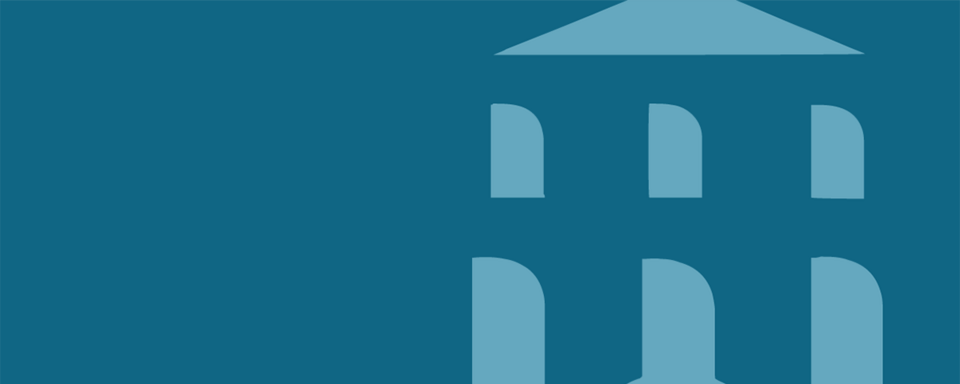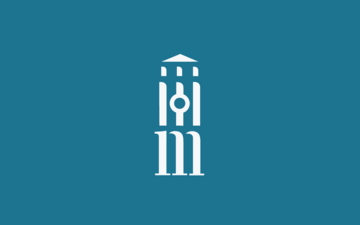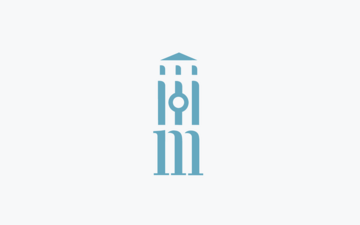Annie Lehmann, Author of "The Accidental Teacher," on the Rise in Autism Diagnoses

Catherine Lord, who wrote the foreword to Annie Lehmann's book The Accidental Teacher: Life Lessons from My Silent Son (University of Michigan Press, 2009), was quoted extensively in a recent New York Times story on autism and Asperger's Syndrome. Lehmann had this to say about the story:
"Asperger's Syndrome may have only become part of the medical lexicon in 1994, but has had a profound effect on the reported numbers of cases of individuals on the autism spectrum.
"The spectrum is broad — very broad — so that a fully functional person with a Ph. D. in math and a nonverbal adult who needs round the clock supervision can both be considered to have autism. As Dr. Swedo comments in the New York Times story, 'in autism, everybody is a snowflake.'
"Clearly those with Asperger’s represent a significant proportion of the 'more than 1 in 100 American children' (mentioned in another New York Times story) that are now reported to have autism. When my son was diagnosed more than 23 years ago, that number was 15 in 10,000.
"How do we explain the explosion in numbers?
"Personally, I don't doubt the possibility that environmental, biological, toxic factors may contribute to the escalation in numbers of people being diagnosed with autism. But I also believe that the criteria for diagnosis have been broadened, and that the label is given more casually than it was in the past.
"We all have our fixations, repetitive behaviors. Some of us thrive on routine and get upset when things are off schedule or prefer books and objects to the company of people. Others are poor at picking up social cues, don’t respect personal space and talk long after the listener wishes the conversation had ended.
"Genius math and science professors without lives outside their labs or lacking the wherewithal to match shoes before leaving the house would have been called 'eccentric' in previous generations. Now they might be counted among those who contribute to the autism statistics."



